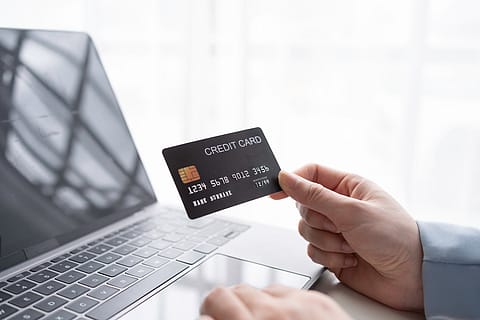Paying credit card bills before the due date? When does it help, and when does it hurt?
While avoiding late fees and interest is the basic goal, paying your bill earlier than required can come with hidden perks

Most people aim to pay their credit card bill on time, but what if paying it before the due date is smarter? It is a strategy that financial experts say could give your credit profile a quiet boost. While avoiding late fees and interest is the basic goal, paying your bill earlier than required can come with hidden perks, especially concerning your credit score and overall financial flexibility.
“Paying your credit card bill on time and in full is one of the best financial habits. Paying before the due date can offer added benefits, particularly for your credit score,” says Adhil Shetty, CEO of BankBazaar.com.
He explains that credit scores are closely tied to something called credit utilisation. It means how much of your credit limit you use at any given time. “If your limit is ₹1 lakh and you have spent ₹70,000, that is 70% utilisation, which is high. Ideally, you should stay under 30%. By paying before your statement is generated, you reduce the reported utilisation and improve your credit profile.”
In other words, even if you pay your full bill on the due date, your credit report may still show a high utilisation rate, which could hurt your score. Paying early brings it down before it gets reported to credit bureaus.
Another often-overlooked benefit: paying early can cut interest costs if you’re carrying a balance. “Interest is calculated daily, so clearing dues earlier—even partially—can cut down the cost,” Shetty adds. It also frees up your credit limit, which is useful for emergency spending or large purchases.
Frequent early payments, like weekly or bi-weekly instead of once a month, can help new credit users or those managing debt stay in control and budget better.
But it’s not a one-size-fits-all rule. Early payment can come with trade-offs. “It can reduce your liquidity, locking away funds you might need elsewhere,” Shetty cautions. “Some cards also require a minimum spend to qualify for rewards, and prepaying mid-cycle might reset that count.”
Recommended Stories
Plus, if you have scheduled autopay near the due date, making a manual payment earlier in the cycle might result in a double debit unless you update your settings.
So, should you pay early? It depends on your cash flow, spending habits, and goals. If improving your credit score or managing debt is the priority, it is a smart move. But if you are chasing rewards or juggling other expenses, timing matters.
The bottom line is, early payment is a powerful tool, but make sure it fits your financial game plan.